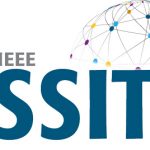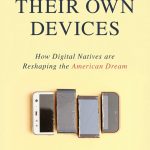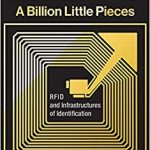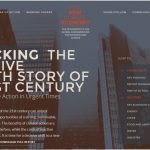From the 1970s onward, we started to dream of the leisure society in which, thanks to technological progress and consequent increase in productivity, working hours would be minimized and we would all live in abundance. We all could devote our time almost exclusively to personal relationships, contact with nature, sciences, the arts, playful activities, and so on. Today, this utopia seems more unattainable than it did then. Since the 21st century, we have seen inequalities increasingly accentuated: of the increase in wealth in the United States between 2006 and 2018, adjusted for inflation and population growth, more than 87% went to the richest 10% of the population, and the poorest 50% lost wealth .


























 JOIN SSIT
JOIN SSIT